Going beyond 'crude anthropocentrism': Ecological Jurisprudence
Published in Social Sciences, Ecology & Evolution, and Sustainability
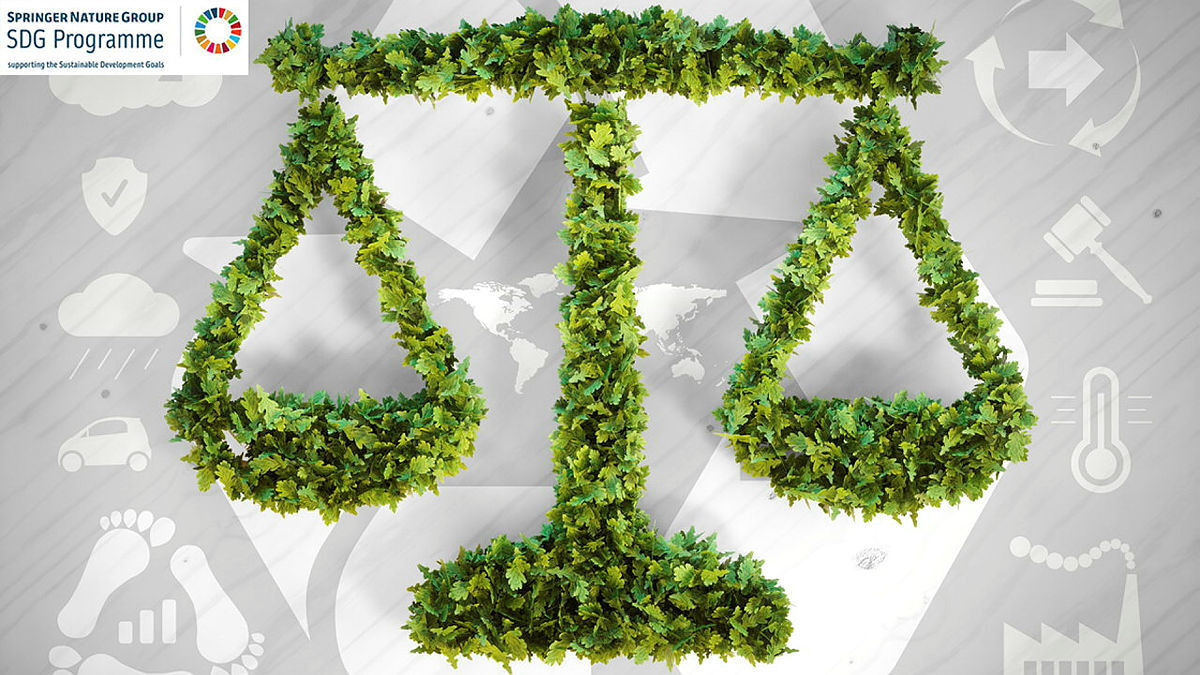
Part of the book series: Contemporary Environmental Law and Policy (CELP)
A brief introduction to your area of research
Ecological jurisprudence refers to the relatively modern emergence of the theory and practice of law ('jurisprudence') that is informed by ecological considerations. Rather than a specific theory, ecological jurisprudence represents a spectrum of diverse theories and initiatives that are informed by the rejection of what some scholars call 'crude anthropocentrism' (the idea that humans are separate from and superior to the rest of existence) and by the desire to approach law with an ecological mindset. These theories and practices include, among others, Earth Jurisprudence and Wild Law, Ecological Law and Governance, Earth Law(s), Rights of Nature, Ecocide, the shift toward an Ecological Civilisation, and more.
An overview of your OA book
The book Ecological Jurisprudence is a culmination of two decades of engagement with the theoretical shift towards an ecological jurisprudence. The book aims to first locate the emergence of an ecological jurisprudence within the same philosophical traditions from which the anthropocentric underpinning of dominant legal systems also originate. The book then covers the emergence of environmental ethics and the way in which what was a novel ethical standpoint has been, over the past two decades, normatively and legally articulated into the emergence of practical eco-jurisprudential initiatives. The final part of the book is then dedicated to the interrogation of what the shift toward an ecological jurisprudence means at a theoretical level: firstly, the attempt to develop a 'grand-narrative' of law that had not been seen since Kelsen's mangum opus. Secondly, the interrogation of law's normativity in relation to more-than-human normativity - in other words, is the natural world a mere actant within the unfolding of the human legal story, or can it be conceived of as an active participant in that story? Thirdly, the emergence of an ecological jurisprudence presents the possibility of an inter-cultural dialogue among (often radically) distinct legal orders around a common term of reference: the non-human other, however it is defined and conceived; in this sense, the emergence of an ecological jurisprudence represents one of the first attempts of legal comparison between colonial and precolonial legal roders that is articulated in a more equitable manner than the one offered by the history of colonisation.
Why you decided to publish it Open Access
No comprehensive text covering the entirety of the emergence of an ecological jurisprudence existed, and thus I wanted to offer the scholarly and activist communities something they could use both in their theory and their practice. Moreover, this emergence is particularly prominent in the global south, with many initiatives located in South America and with great interest from Africa and Asia. As a result, I felt it was imperative that all scholars and activists located in more economically disadvantaged areas could access the book, at least digitally, without having to pay what would be a significant amount of money for them. I truly wanted the text to be accessible by all, for free.
Your experience working with Springer team
The Springer team in general, and my editor in particular, were a delight to work with. Understanding, always very responsive, attentive, and ultimately very caring. I have no doubts whatsoever that the book is what it is in great part because of their unwavering help and assistance.
Any insights or key messages you’d like to share with readers and fellow researchers
I strongly believe that one of the main obstacles to the equitable diffusion of knowledge is the creation of artificial paywalls for what is publicly funded research. I invite all authors to consider why they are publishing the results of their research, and to envision the possibility of making that research more readily available. Moreover, I also strongly believe that we, as researchers, have a duty to ensure that what we publish is the final and most considered version possible of our work. We have the duty, I believe, not only to share the results of our reflections and insights with the world, but also to provide all readers with the most effective approach to what they, in the limited time we all have, choose to read. This, to me, means publishing far less, but far more deeply. Less, in this case, is definitely more.
Author: Associate Professor Alessandro Pelizzon
School of Law and Society, University of the Sunshine Coast, Australia
Follow the Topic
What are SDG Topics?
An introduction to Sustainable Development Goals (SDGs) Topics and their role in highlighting sustainable development research.
Continue reading announcement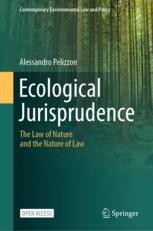
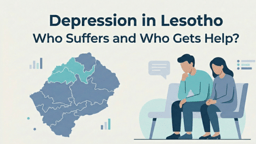
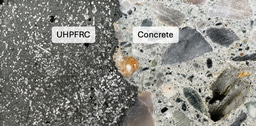
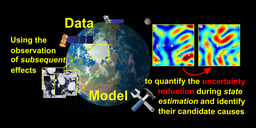
Please sign in or register for FREE
If you are a registered user on Research Communities by Springer Nature, please sign in